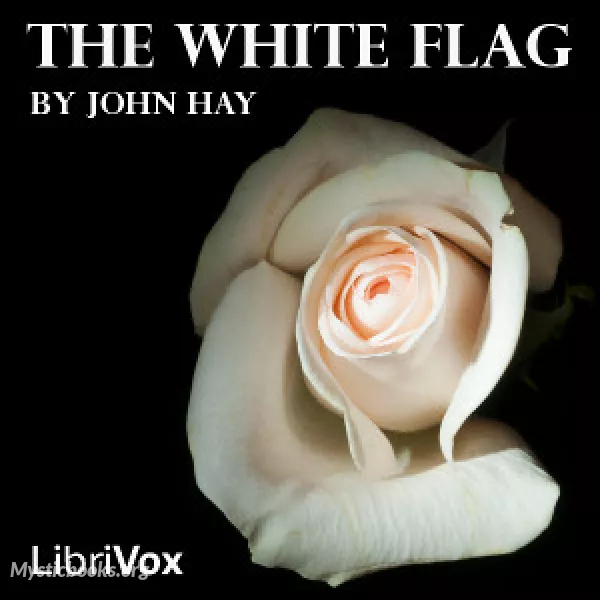
The White Flag
by John Hay
'The White Flag' Summary
John Hay's poem "The White Flag" is a short but powerful exploration of the duality of the white flag, a symbol of both peace and surrender. The poem is set during the American Civil War, a time when the white flag was often used to deceive the enemy.
The poem's speaker begins by describing the white flag as a "symbol of peace" that "waves above the field of battle." However, the speaker quickly subverts this image, suggesting that the white flag can also be used as a "weapon of war."
The speaker goes on to describe a scenario in which the white flag is used to deceive the enemy, leading them into a trap. The speaker reflects on the power of the white flag, noting that it can be "more deadly than the sword."
The poem's final stanza is a stark reminder of the human cost of war. The speaker writes:
"The white flag, the symbol of peace,
Is stained with the blood of the brave.
For the white flag is often a lie,
And the brave are often betrayed."
Essence and Spirit of the Poem
The essence and spirit of Hay's poem is captured in its central paradox: the white flag, a symbol of peace, can also be used as a weapon of war. This paradox highlights the complex and often contradictory nature of war.
Hay's poem is also a warning about the dangers of deception and betrayal. The white flag, when used falsely, can lead to the death and destruction of the innocent.
Finally, Hay's poem is a reflection on the human cost of war. He reminds us that war is not a game, and that the brave are often the ones who suffer the most.
Conclusion
John Hay's "The White Flag" is a powerful and thought-provoking poem that remains relevant today. It is a poem that challenges us to think critically about the nature of war and peace.
Book Details
Authors
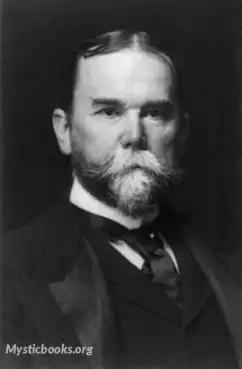
John Hay
United States
sman and official whose career in government stretched over almost half a century. Beginning as a private secretary and assistant to Abraham Lincoln, Hay's highest office was Unite...
Books by John HayDownload eBooks
Listen/Download Audiobook
- Select Speed
Related books
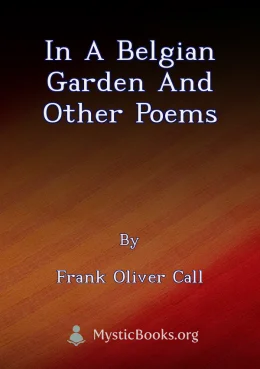
In a Belgian Garden and Other Poems by Frank Oliver Call
Belgian Garden and Other Poems" is a collection of poems that explore the beauty of nature and the horrors of war. Call was a lover of the natural wor...
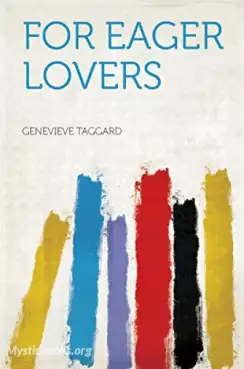
For Eager Lovers by Genevieve Taggard
Genevieve Taggard was an American poet, teacher and socialist. This collection was first published in 1922 and deals with topics such as personal rela...
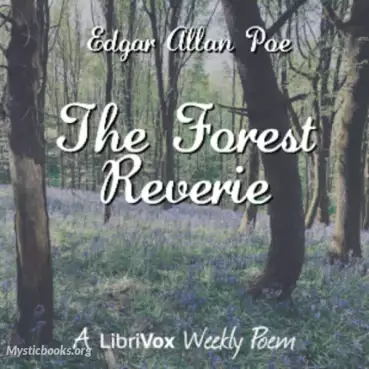
The Forest Reverie by Edgar Allan Poe
Whilst Edgar Poe was editor of the Broadway Journal, some poems were published over the signature of "A. M. Ide". In order, doubtless, to give a show...

Idyllica by Robert Herrick
"Idyllica" by Robert Herrick transports readers to a mesmerizing world of poetic enchantment, where each verse paints vivid landscapes of love, nature...
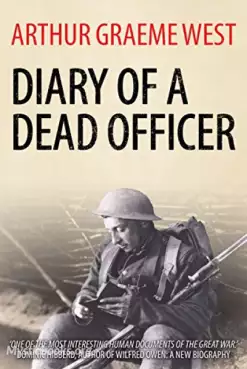
The Diary of a Dead Officer by Arthur Graeme West
The Diary of a Dead Officer brings together the private papers of Arthur Graeme West. First published posthumously in 1917, it presents a scathing pic...
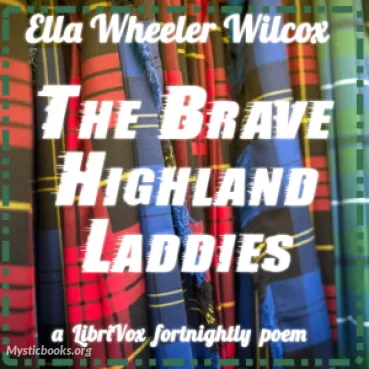
The Brave Highland Laddies by Ella Wheeler Wilcox
In this, poet weaves a mesmerizing tapestry of words that captures the spirit of Scotland's rugged landscape and the indomitable courage of its people...

Neither Here nor There by Oliver Herford
A whimsical collection of poems, stories, and illustrations that will transport you to a world of make-believe. Neither Here nor There is a delightfu...
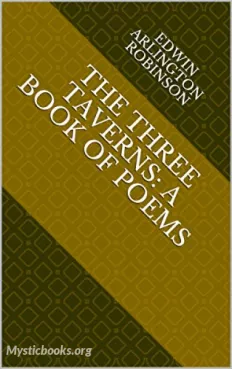
The Three Taverns: A Book of Poems by Edwin Arlington Robinson
Edwin Arlington Robinson's The Three Taverns is a collection of poems that explore the themes of love, loss, redemption, and the human condition. The...
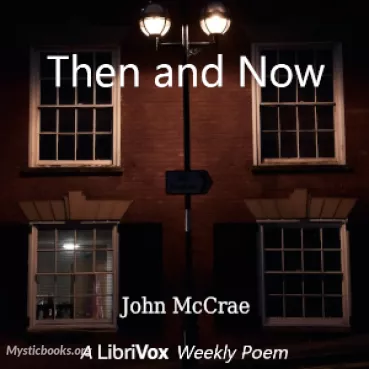
Then and Now by John McCrae
It is a profound and timeless composition that offers readers a poignant reflection on the nature of life and the passage of time. Written in 1915, th...
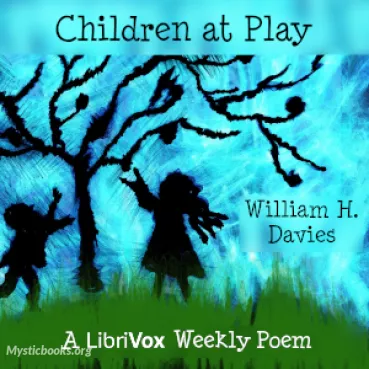
Children at Play by William Henry Davies
The poem captures the innocence and joy of children as they play together in a natural setting. It describes the children playing games such as hide-a...
Reviews for The White Flag
No reviews posted or approved, yet...